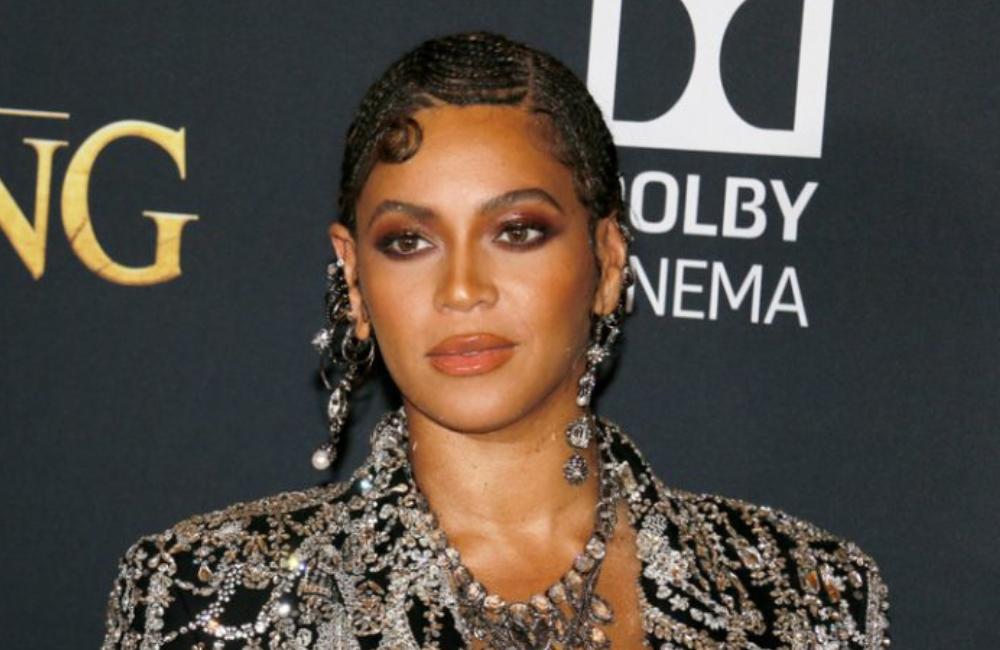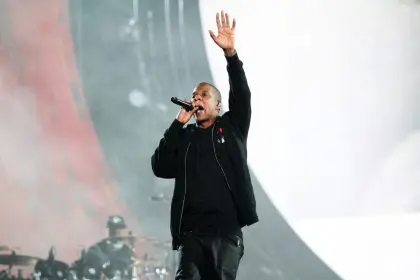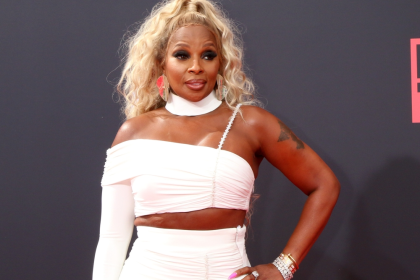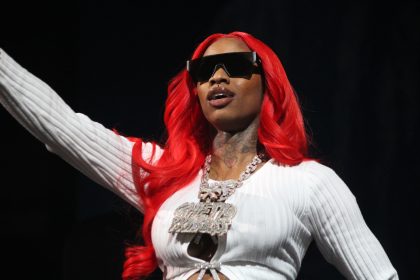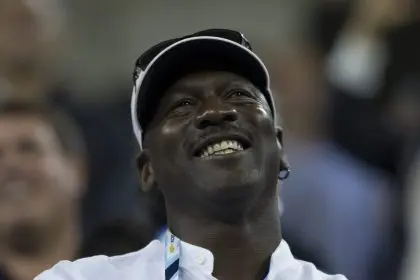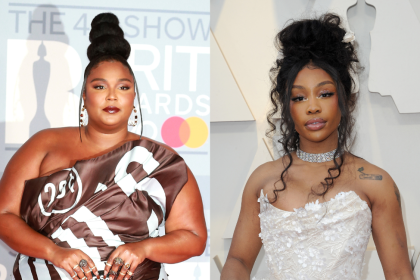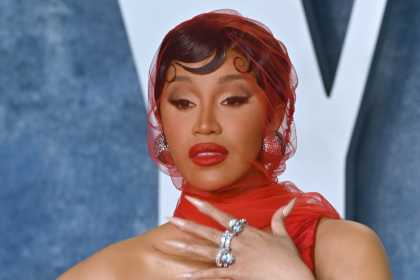A decade-old video of Beyoncé experiencing the Māori Haka dance has ignited fresh conversations about cultural exchange and respect in the entertainment world. The footage, captured during her 2013 “Mrs. Carter Show World Tour” stop in Auckland, shows the superstar engaging with traditional performers in a moment that has divided social media.
The cultural significance of Haka
The Haka stands as one of New Zealand’s most recognized cultural treasures. This powerful ceremonial dance originated with the indigenous Māori people and carries deep spiritual and social meaning. Characterized by rhythmic foot-stamping, powerful vocalizations, and intense facial expressions, including the pūkana (widened eyes), the Haka traditionally served as both a war dance and a way to welcome distinguished visitors.
In contemporary New Zealand society, the Haka maintains its cultural significance while evolving into a performance seen at sporting events, particularly by the famous All Blacks rugby team, and during important ceremonies. The dance represents strength, unity, and cultural pride.
Performance meets appreciation
When Beyoncé encountered the Haka backstage in Auckland, she appeared visibly moved by the powerful display. The video shows her observing intently and mirroring some of the movements and expressions, creating what some describe as a moment of cultural exchange.
What makes this particular instance notable is that it occurred in a private backstage setting rather than as part of her public performance. The spontaneous nature of the interaction suggests genuine interest rather than planned appropriation.
The digital debate evolves
The recent resurfacing of this decade-old moment on social media platforms has sparked passionate discussion from multiple perspectives. Critics have questioned whether mimicking elements of the Haka showed proper cultural respect, especially given the sacred nature of many indigenous traditions.
Performer perspectives matter
Perhaps most significantly, participants in the original Haka performance have defended the interaction. Stan Walker, the Australian musician who led the ceremonial dance, has indicated that the encounter was respectful and appreciated. This firsthand perspective adds important context to the online conversation.
Cultural experts often note that intention and context play crucial roles in determining whether cross-cultural interactions represent appreciation or appropriation. The private nature of the exchange and the apparent mutual respect demonstrated during the interaction suggest a genuine cultural exchange rather than exploitation.
The wider conversation about cultural exchange
This incident reflects broader discussions happening in entertainment and society about the boundaries between cultural appreciation and appropriation. These conversations have evolved significantly even in the decade since this interaction occurred.
Finding the balance
The entertainment industry increasingly navigates complex questions around cultural representation. Artists like Beyoncé, who frequently incorporate diverse cultural influences in their work, face particular scrutiny regarding how they engage with traditions not their own.
Meaningful cultural exchange typically involves elements of reciprocity, respect for context, proper attribution, and sensitivity to historical power dynamics. When these elements are present, cross-cultural interactions can enrich rather than diminish the cultures involved.
The impact of viral moments
Social media’s ability to resurface and recontextualize past moments demonstrates how cultural understanding evolves over time. What might have been viewed one way a decade ago may be interpreted differently through contemporary lenses.
The virality of this particular clip speaks to Beyoncé‘s enduring cultural influence. Her Auckland performances set attendance records at Vector Arena, demonstrating her global appeal. This widespread influence also carries responsibility regarding cultural representation.
Moving toward cultural understanding
This renewed conversation provides an opportunity for deeper understanding about cultural exchange. Rather than viewing such interactions in simplistic terms, they invite nuanced discussions about respect, context, and the evolving nature of cross-cultural appreciation.
When approaching traditions from cultures not our own, education and context matter tremendously. Understanding the history and significance of cultural expressions like the Haka helps ensure interactions honor rather than diminish their importance.
The Beyoncé Haka moment reminds us that cultural exchange exists on a spectrum rather than in black-and-white categories. By approaching these discussions with openness to multiple perspectives—particularly those from within the cultures involved—we can foster more productive conversations about respectful cultural engagement in our interconnected world.

